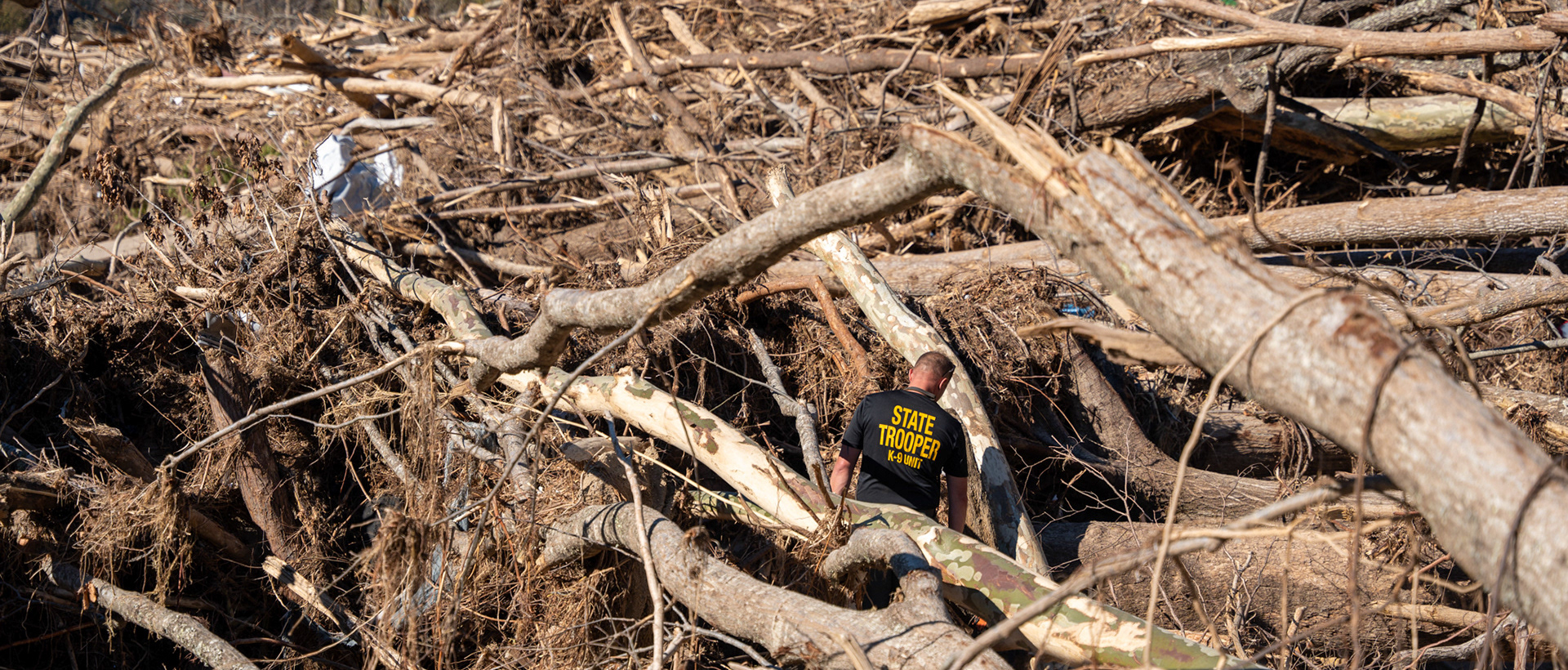A photo story for a larger project "At What Cost" for the Living Galapagos project.
Renowned as one of the world's most best preserved and pristine environments, the Galápagos Islands have seen a surge of tourism. As a teenager, Eduardo Veliz left mainland Ecuador for a research assistant job in the islands, where he fell in love with its ecosystem. He later became a Galápagos senator, championing key conservation laws and blocking the construction of dozens of hotels and golf courses.
On June 12, 2015, following protests in San Cristóbal and Santa Cruz, Veliz was arrested and secretly transferred to a high-security prison in Guayaquil. Denied habeas corpus, he launched a hunger strike that left him in critical condition. Eventually hospitalized and placed under house arrest, he remained detained for nearly three months without trial.
Now, Veliz himself has become a hotel developer. Navigating the balance between conservation and sustainable development, he seeks to accommodate the growing tourism industry, which remains the cornerstone of the local economy. He argues that the most responsible solution is to empower residents to improve their businesses and services rather than allowing outside interests to profit while local communities suffer.
Eduardo Veliz prepares his signature fish stew, fondly known as “Eduardo’s Lunch,” for his hotel guests and friends who stop by. Sharing food is an important ritual in Veliz's life as he went on a 30 day hunger strike that left him in critical condition while imprisoned without trail for protesting mass development on the island. According to Veliz, a hunger strike was the only form of resistance he had left, saying, “I am a fighter, and a true fighter uses whatever they have left."
Veliz remains committed to sustainable tourism and development, hiring local workers and sourcing from Galápagos businesses whenever possible. Walking through town, hardly a face fails to light up at the sight of him.
His ultimate dream is to sell the hotel, buy a boat, and take Galápagos children on free wildlife tours, hoping to reconnect them with the extraordinary place they call home. He fears that if the next generation of Galapagueños grows up seeing the world only through their phones, they’ll leave the islands behind—leaving no one to protect them from unchecked foreign development. Without local stewards, the land’s future remains uncertain.



